
A great opportunity for start-ups
Another great opportunity for start-ups in Georgia and CIS countries. Find an easy way to enter global market, implement projects in one of the…
Read More
Another great opportunity for start-ups in Georgia and CIS countries. Find an easy way to enter global market, implement projects in one of the…
Read More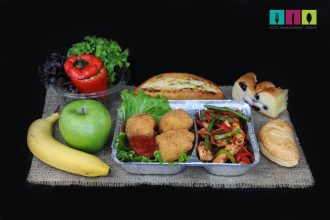
In the modern world for human resource specialists and CEOs’ one of the biggest deals is to create an appropriate environment for staff…
Read More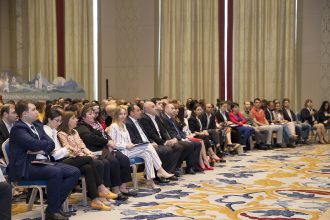
On June 4th the 3rd Tourism and Hospitality Conference within Welcome to Georgia! National Tourism Awards was held at the Biltmore Hotel Tbilisi. The…
Read More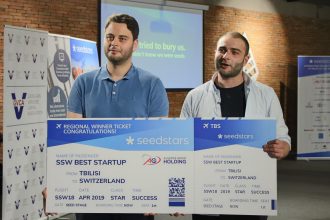
STYX a tech company from Georgia won Seedstars startup competition on May 29. Ten best startups from Tbilisi were invited to pitch in front…
Read More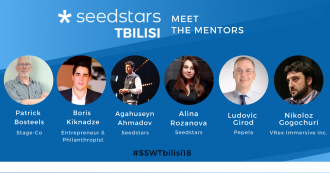
BUSINESS GEORGIA as a media partner of the Seedstars 2018, is ready to support all startups in Georgia by spreading information for developing local…
Read More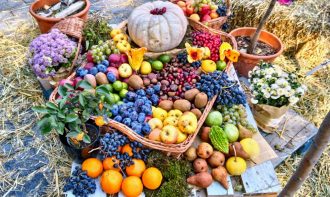
Agricultural traditions are the main part of Georgian cultural heritage and mentality, as long as favorable climate with fertile soil make it one of…
Read More
On March 30 and April 1, Nassim Taleb will run a 2-day Antifragility workshop for 100 top managers from the largest companies in Georgia and…
Read More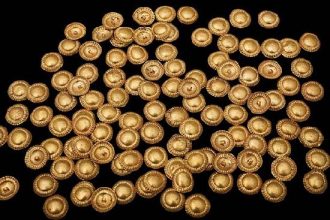
Georgia is considered to be one of the oldest homelands of metal processing in the world. From the Copper-Bronze Age, when man acquired metal,…
Read More
According to the data released by the state statistics office of Georgia, in 2017 Import reached USD 7.9 billion, while exports of Georgia was…
Read More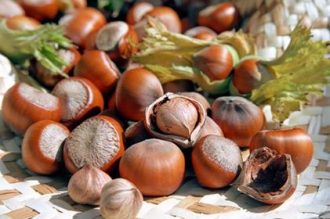
Protein rich hazelnuts are sweet tree nuts that grow in temperate zones and its mainly cultivated in Turkey, which produces about 60% of the world’s…
Read More